Was Jimmy Carter America's best ex-president?
Carter's presidency was marred by the Iran hostage crisis, but his work in the decades after leaving office won him global acclaim
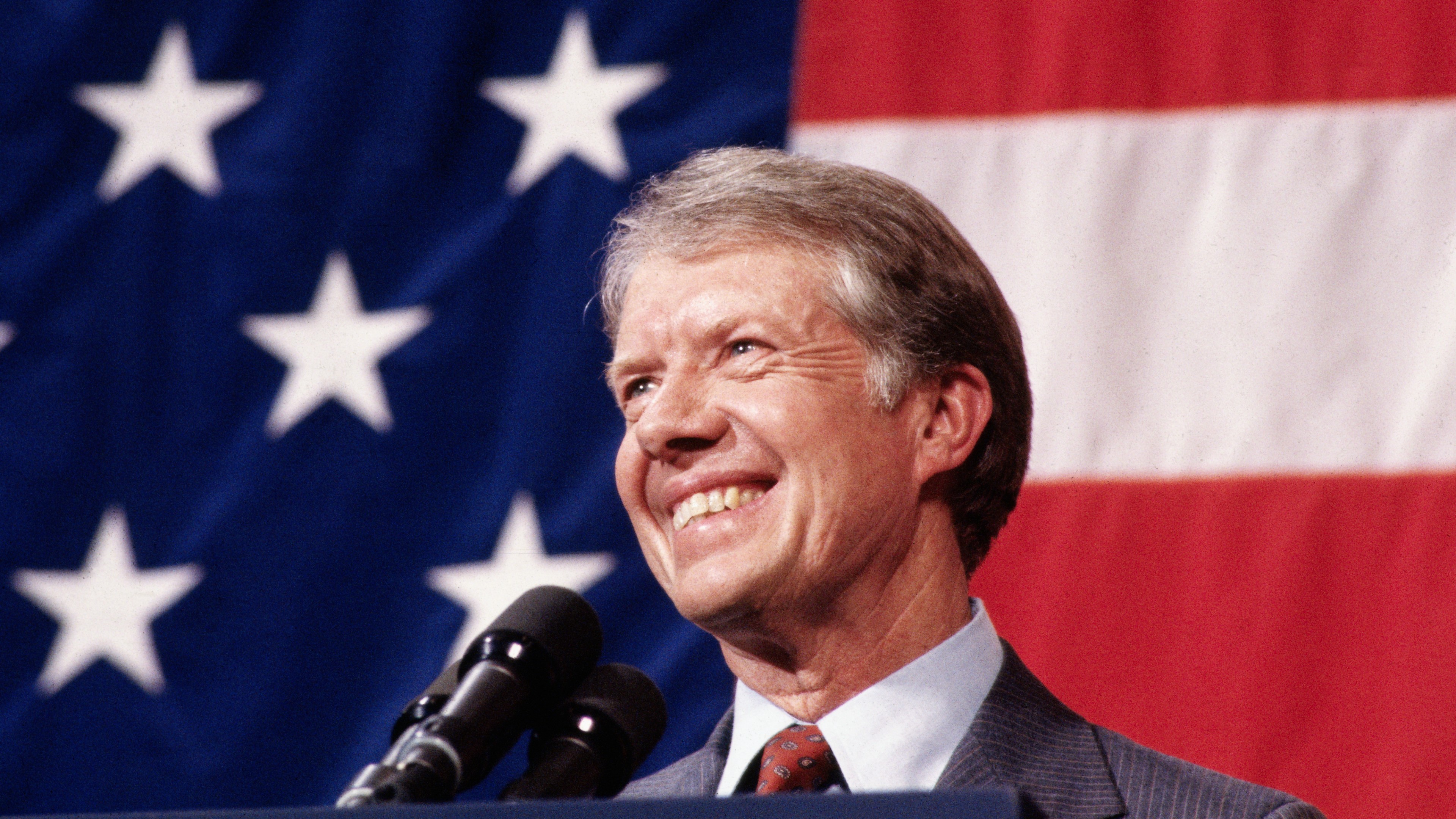
A free daily email with the biggest news stories of the day – and the best features from TheWeek.com
You are now subscribed
Your newsletter sign-up was successful
Jimmy Carter, the 39th president of the United States, has died aged 100.
A "broker of peace in the Middle East in his time, and a tireless advocate for global health and human rights", Carter was the "longest-lived president in US history", said The Guardian.
Serving only one term in the White House between 1977 and 1981 before being beaten by Ronald Reagan, his tenure as president was remembered by most Americans as "ineffective", most notably over his handling of inflation and interest rates, as well as his failure to bring home American hostages held in Iran quickly, said ABC News.
The Week
Escape your echo chamber. Get the facts behind the news, plus analysis from multiple perspectives.

Sign up for The Week's Free Newsletters
From our morning news briefing to a weekly Good News Newsletter, get the best of The Week delivered directly to your inbox.
From our morning news briefing to a weekly Good News Newsletter, get the best of The Week delivered directly to your inbox.
The "common view" is that Carter was a better global leader after his presidency; a judgement that is said to have "annoyed" Carter. In more recent years, however, "his allies relished him living long enough to see historians reassess his presidency".
What did the commentators say?
Taking office in 1977 as a relative unknown – and sometimes derided as "Jimmy Who?" – Carter's "unfamiliarity with Washington was seen as a virtue after the Watergate and Vietnam war years", said The Guardian.
His early years showed "promise", completing a treaty to hand over control of the Panama Canal to its host country, and bringing together the Israeli prime minister, Menachem Begin, and the Egyptian president, Anwar Sadat, "for a deal that would produce peace that endures today".
Yet hopes for his presidency were "dashed" by several economic and foreign policy crises, "starting with high unemployment and double-digit inflation and culminating in the Iran hostage crisis". A "botched" rescue attempt left eight US servicemen dead, only further feeding growing doubts about Carter's leadership. The hostages would be released in 1981, minutes after Reagan was inaugurated as the 40th president of the United States.
A free daily email with the biggest news stories of the day – and the best features from TheWeek.com
"What nobody anticipated at the time, however, was that Carter would go on to become, by common consent, the 'best former president America has ever had,'" said The Times. "Possessed of an almost missionary zeal", he spent the four decades after leaving office as a "sort of one-man United Nations".
After leaving office, Carter "became dedicated to promoting democracy, monitoring elections, building homes with Habitat for Humanity and eradicating disease in some of the world's poorest countries", said NPR. In 2002, he won the Nobel Peace Prize, "an honour some said he had earned a quarter century earlier when he negotiated the Camp David accords", said NPR. He ended his acceptance speech with a plea for peace: "War may sometimes be a necessary evil, but no matter how necessary, it is always evil, never a good. We will not learn how to live together in peace by killing each other's children."
"Carter showed the country that presidents' duty to serve extends well beyond their years in office," said The Atlantic. He left the Oval Office "a virtual laughing stock" but "left this earthly life a model of moral leadership".
What next?
Carter will be honoured with a state funeral in Washington on 9 January, a national day of mourning in the US. He will then be buried in his hometown of Plains, Georgia, next to his late wife, Rosalynn.
Sorcha Bradley is a writer at The Week and a regular on “The Week Unwrapped” podcast. She worked at The Week magazine for a year and a half before taking up her current role with the digital team, where she mostly covers UK current affairs and politics. Before joining The Week, Sorcha worked at slow-news start-up Tortoise Media. She has also written for Sky News, The Sunday Times, the London Evening Standard and Grazia magazine, among other publications. She has a master’s in newspaper journalism from City, University of London, where she specialised in political journalism.
-
 Is Andrew’s arrest the end for the monarchy?
Is Andrew’s arrest the end for the monarchy?Today's Big Question The King has distanced the Royal Family from his disgraced brother but a ‘fit of revolutionary disgust’ could still wipe them out
-
 Quiz of The Week: 14 – 20 February
Quiz of The Week: 14 – 20 FebruaryQuiz Have you been paying attention to The Week’s news?
-
 The Week Unwrapped: Do the Freemasons have too much sway in the police force?
The Week Unwrapped: Do the Freemasons have too much sway in the police force?Podcast Plus, what does the growing popularity of prediction markets mean for the future? And why are UK film and TV workers struggling?
-
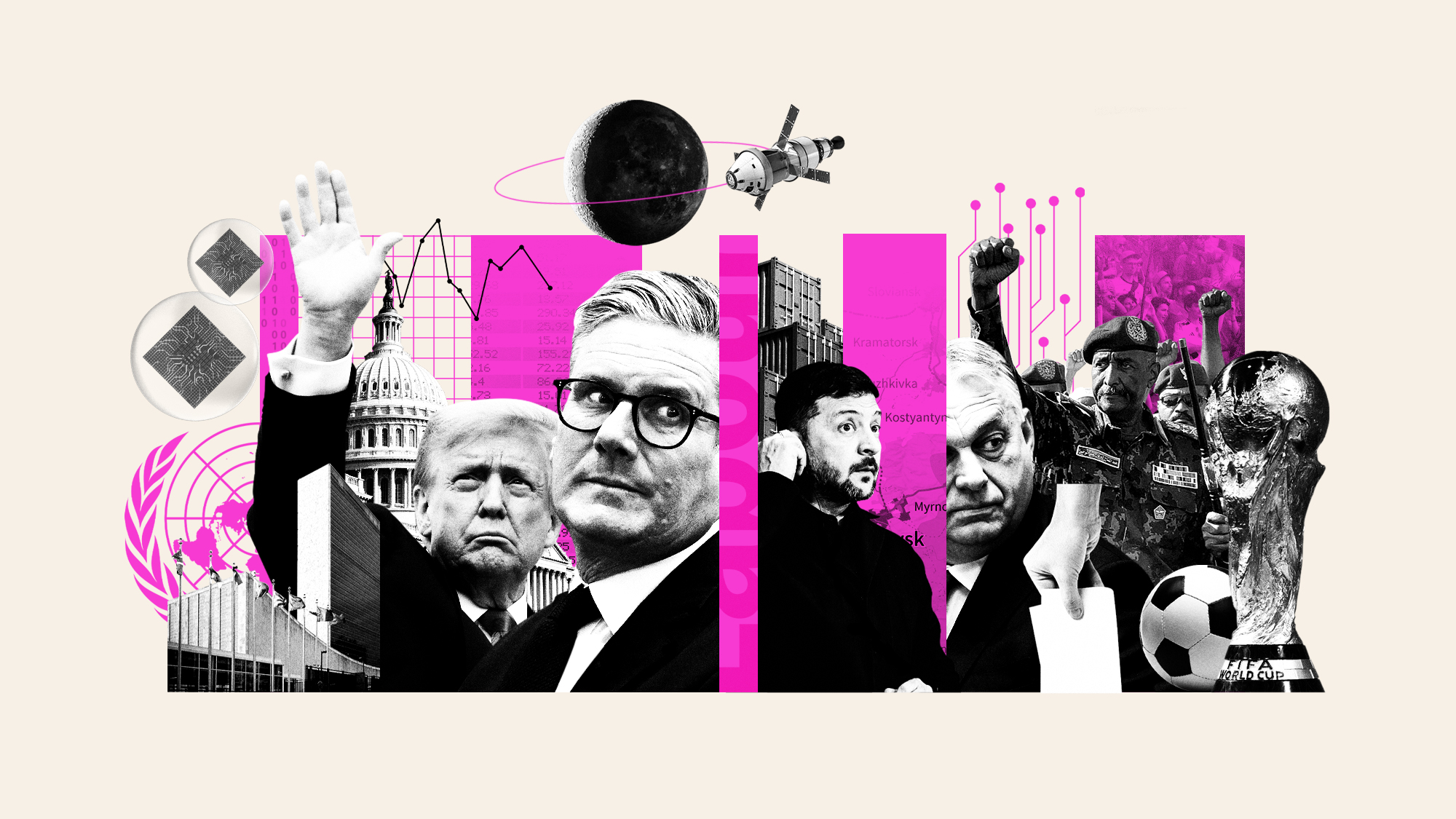 What will happen in 2026? Predictions and events
What will happen in 2026? Predictions and eventsIn Depth The new year could bring peace in Ukraine or war in Venezuela, as Donald Trump prepares to host a highly politicised World Cup and Nasa returns to the Moon
-
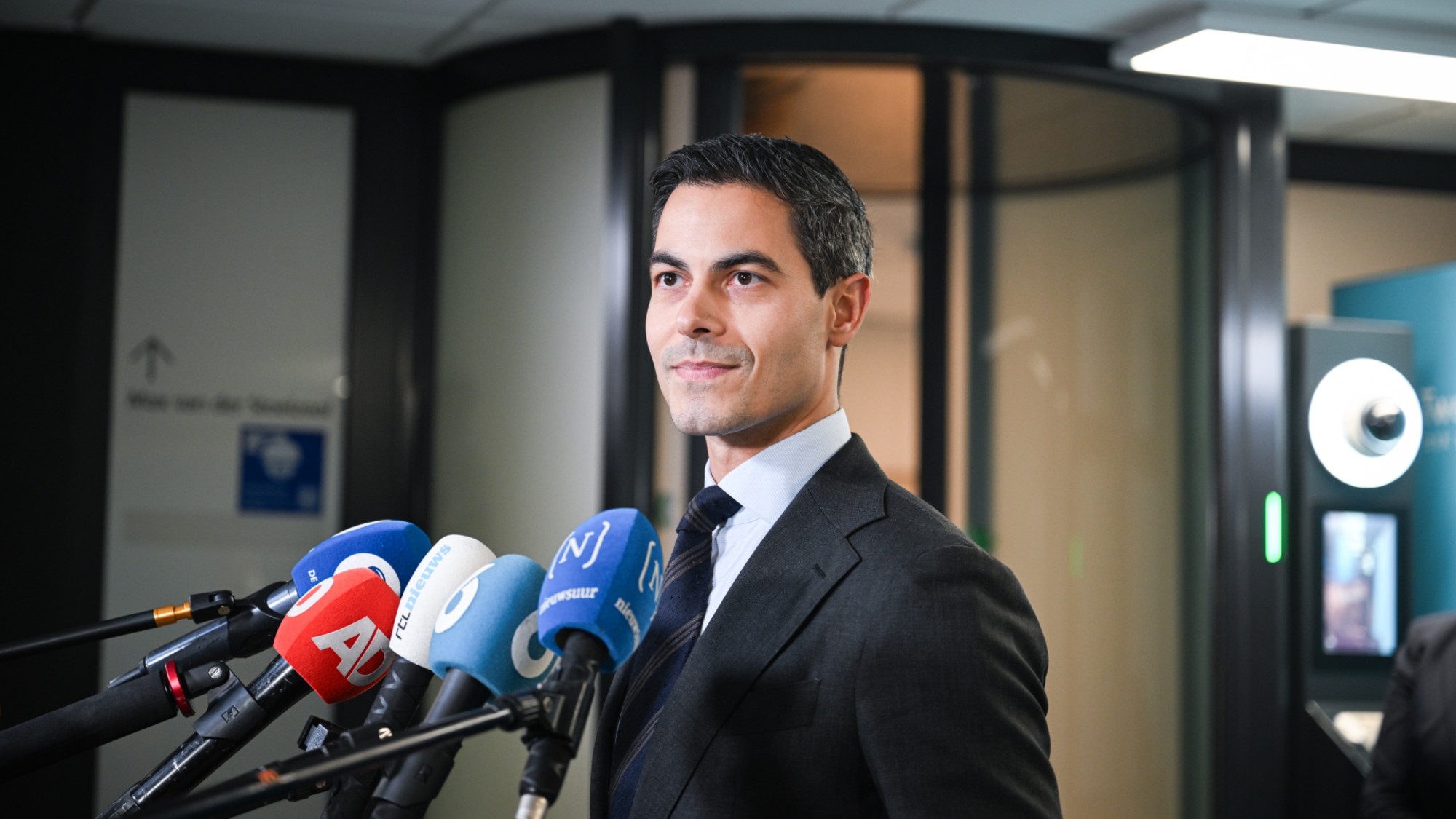 Rob Jetten: the centrist millennial set to be the Netherlands’ next prime minister
Rob Jetten: the centrist millennial set to be the Netherlands’ next prime ministerIn the Spotlight Jetten will also be the country’s first gay leader
-
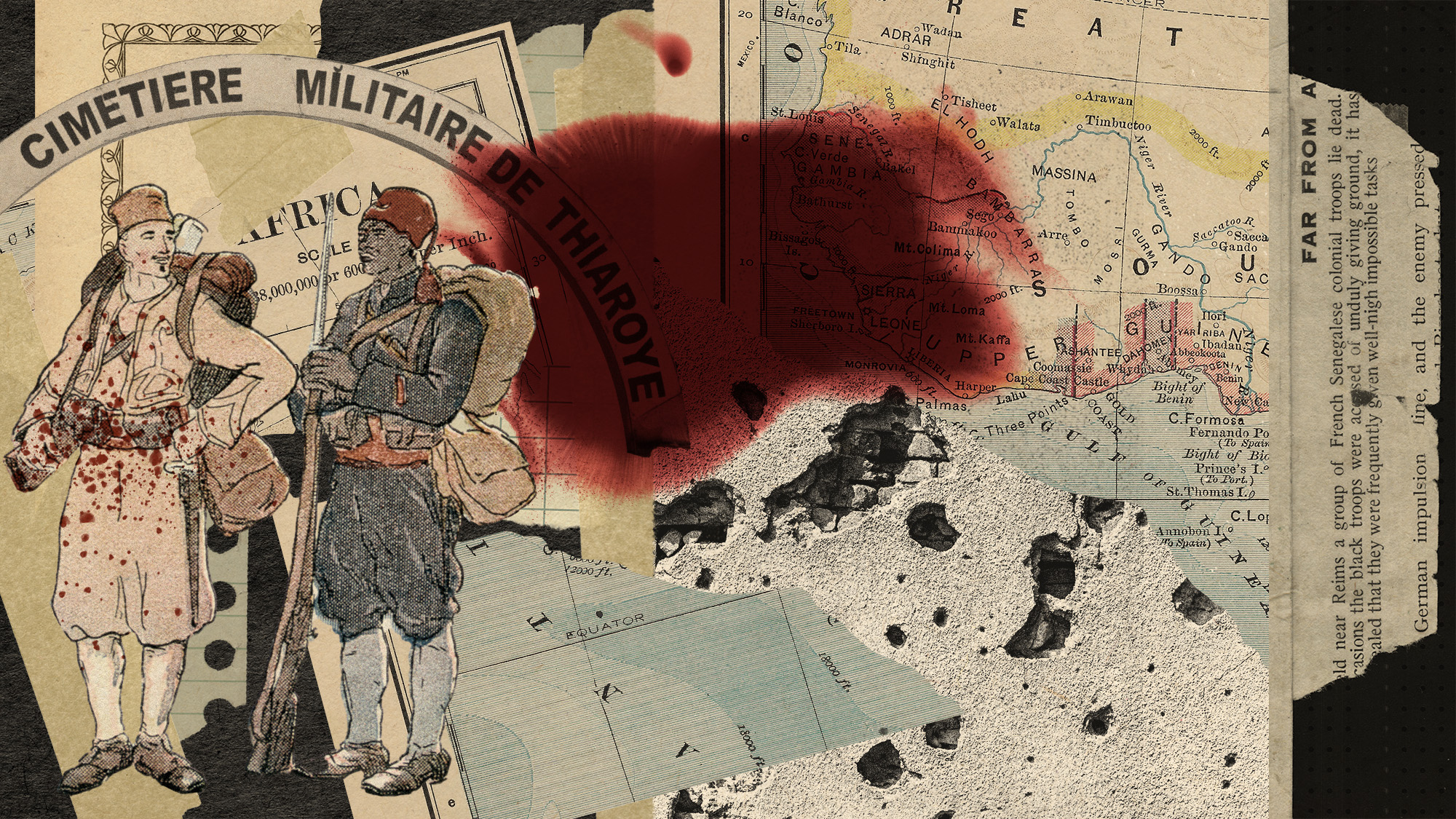 The WW2 massacre dividing Senegal and France
The WW2 massacre dividing Senegal and FranceUnder the Radar A new investigation found the 1944 Thiaroye attack on ‘unarmed’ African soldiers was ‘premeditated’, and far deadlier than previously recorded
-
 Sanae Takaichi: Japan’s Iron Lady set to be the country’s first woman prime minister
Sanae Takaichi: Japan’s Iron Lady set to be the country’s first woman prime ministerIn the Spotlight Takaichi is a member of Japan’s conservative, nationalist Liberal Democratic Party
-
 Rise of the far-right: what’s behind the popularity of Vox in Spain?
Rise of the far-right: what’s behind the popularity of Vox in Spain?The Explainer Disillusioned younger voters are being drawn to Santiago Abascal’s party
-
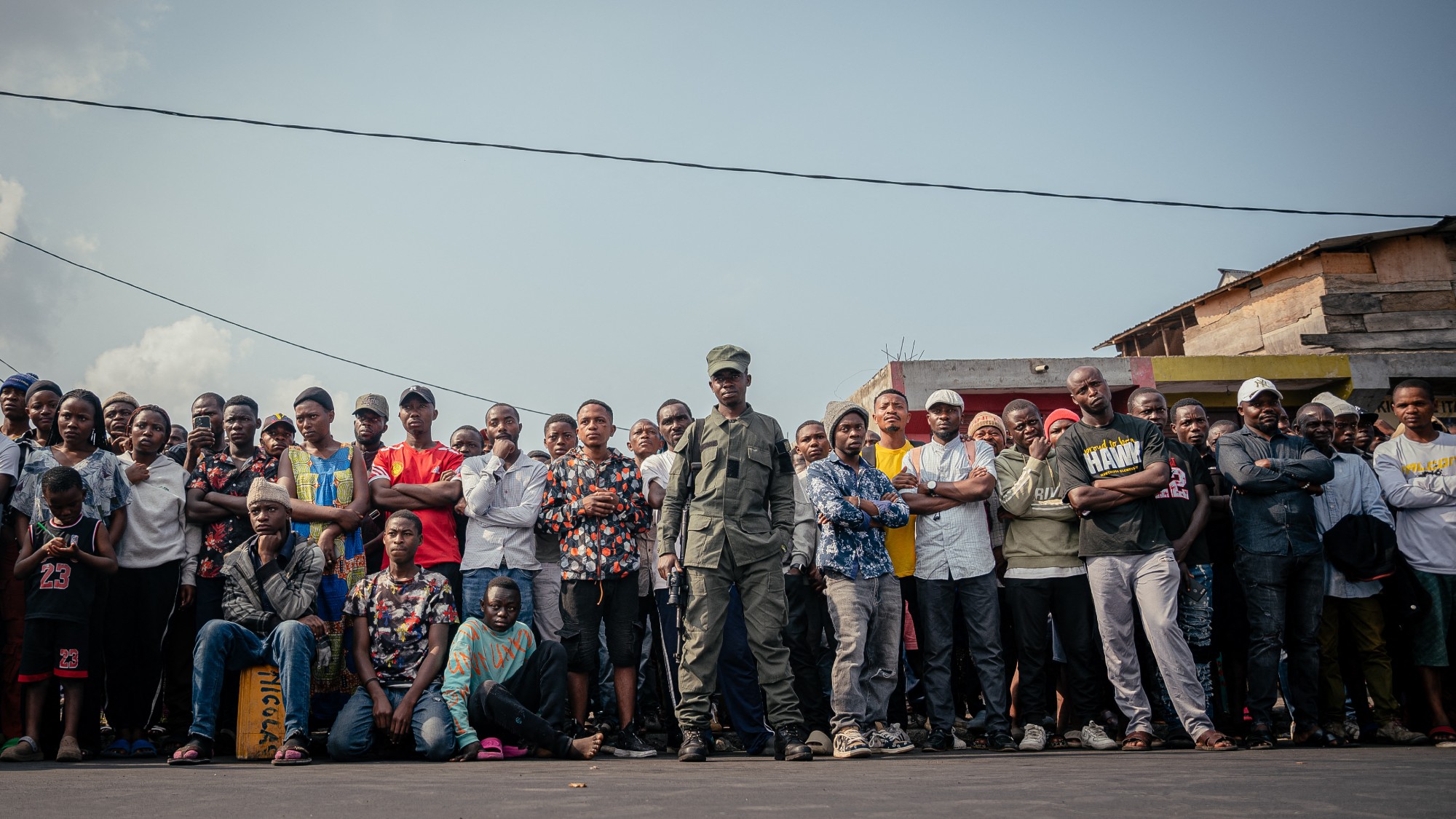 Is Trump's new peacemaking model working in DR Congo?
Is Trump's new peacemaking model working in DR Congo?Talking Point Truce brokered by the US president in June is holding, but foundations of a long-term peace have let to be laid
-
 The countries that have recognized Palestinian statehood
The countries that have recognized Palestinian statehoodThe Explainer The United Kingdom has become the latest country to weigh in on the issue
-
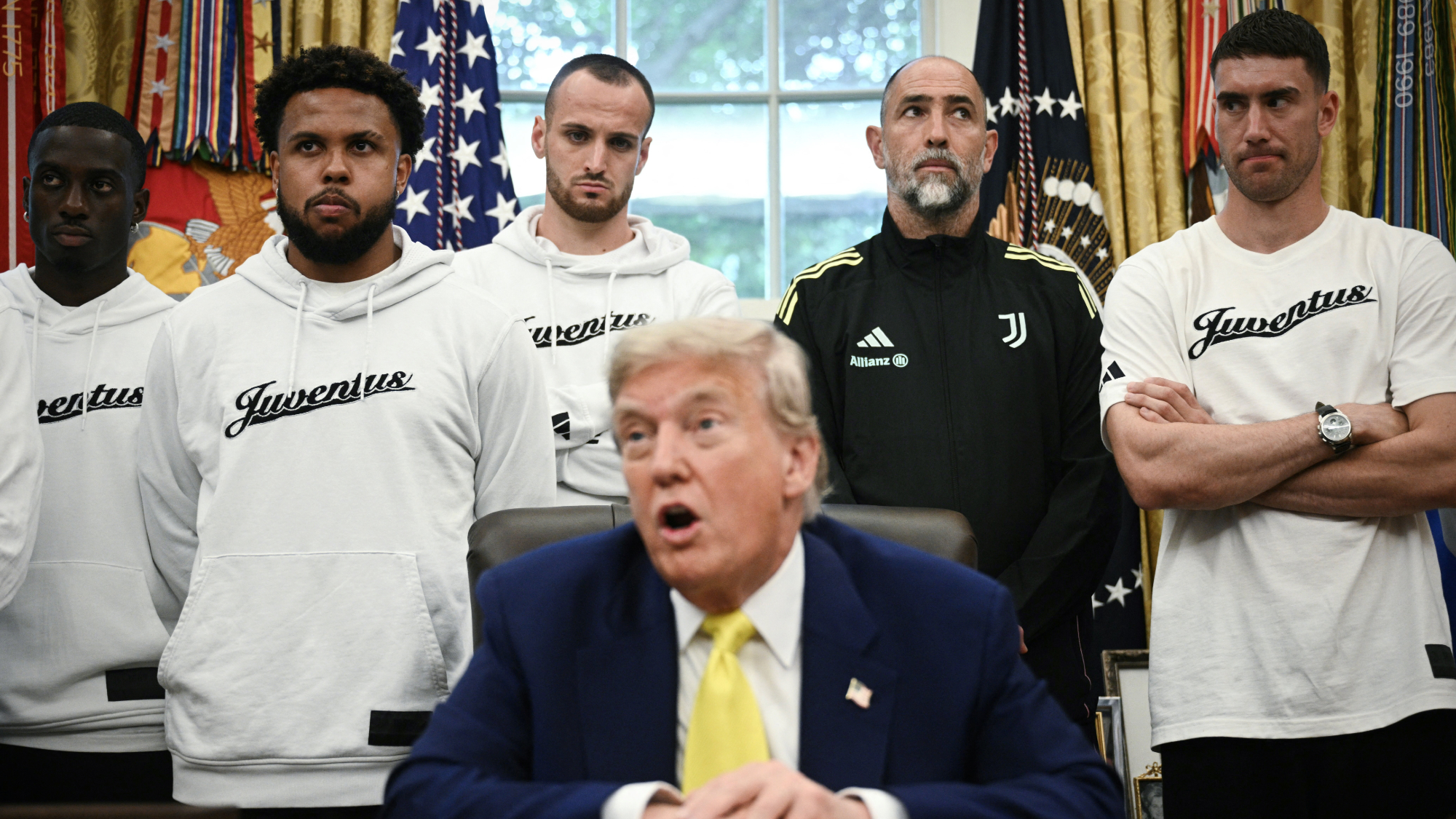 Trump gives himself 2 weeks for Iran decision
Trump gives himself 2 weeks for Iran decisionSpeed Read Trump said he believes negotiations will occur in the near future